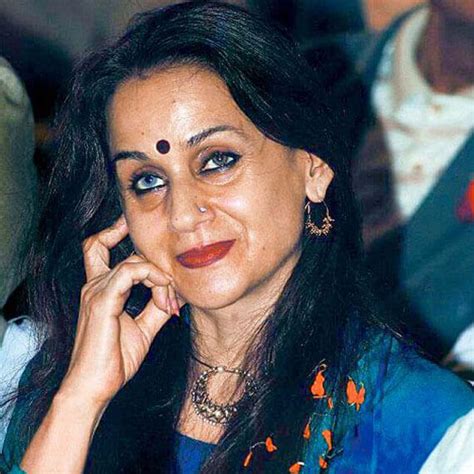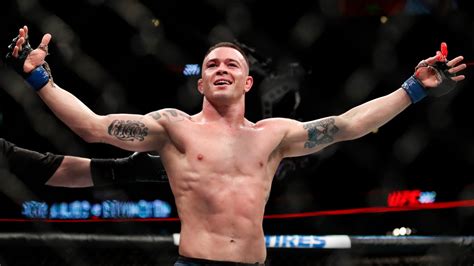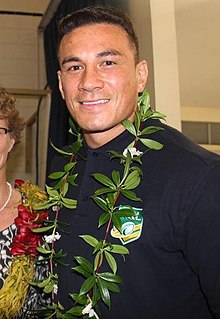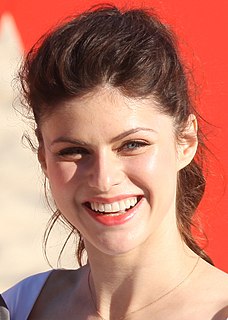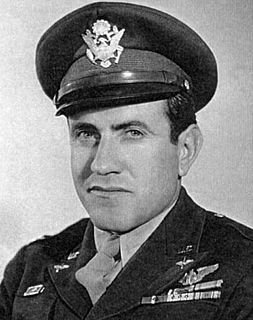A Quote by Steve Almond
The single biggest reason I got my stories taken in various literary magazines - and I want to stress this - is because I refused to give up. Period.
Related Quotes
I don't want to play myself up as a hero, because it would make me unbelievable. I'd rather settle for people thinking that I'm a bum, but digging my stories, than liking me and not being able to believe in my stories. That's one reason I've been hard on myself, because I want my stuff to be believable.
Raphael lifted a finger, tracing it over her cheekbone. She flinched. Not because he was hurting her. The opposite. The places he touched ... it was as if he had a direct line to the hottest, most feminine part of her. A single stroke and she was embarrassingly damp. But she refused to pull away, refused to give in." (page 33 , Gollancz edition)
There are characters in some short stories who exist as people, and there are other characters in different short stories who exist as purely literary constructs. You know, the young man in "Forbidden Brides of the Faceless Slaves in the Secret House of the Night of Dread Desire" - I probably got that right - is a literary construct, and enjoys being a literary construct. He has no life off stage, whereas the young men in "How to Talk to Girls at Parties" were as near to being real human beings as I could possibly get them.
Whenever you do any one thing intensely over a period of time you have to give up other lives you could be living. You have to have a real single-minded kind of tunnel vision if you want to get anything significant accomplished. Especially if the desire is not to be a businessman, but to be a creative person.
Millions of people have wrecked their lives in angry turmoil, because they refused to accept the worst; refused to try to improve upon it; refused to salvage what they could from the wreck. Instead of trying to reconstruct their fortunes, they engaged in a bitter and "violent contest with experience"- and ended up victims of that brooding fixation known as melancholia.
Men's magazines in the period immediately after World War II were almost all outdoor-oriented. They were connected to some extent in the male bonding that came out of a war... And what I tried to create was a magazine for the indoor guy, but focused specifically on the single life: in other words, the period of bachelorhood before you settle down.



